A few weeks ago, I received an email from a 16-year-old homeschooler, asking if I’d answer some interview questions for a research project about piano teaching. I was happy to oblige, and she was willing to let me post my answers here too. It was kind of fun!
How old were you when you first began learning/playing piano? Around 6 or 7.
Why did you start playing the piano? My mother got me started with her old piano book when I began showing interest by messing around on the piano. (The book was John Thompson’s “Teaching Little Fingers To Play,” for those of you interested! It starts right at the beginning with staff notation. 🙂
What music schools or institutions did you learn music at? I took private lessons with 3 different private teachers during my childhood and high school years. I attended Grand Rapids Community College for my first two years of college, transferred to Hope College to finished my Bachelor of Music degree in Piano Performance, and then afterwards completed a Master of Music degree in Piano Pedagogy. The college-level pedagogy courses I took were the most valuable — and second were the private lessons. I think every piano teacher should take or audit piano pedagogy courses at their local college if they ever have the opportunity. I am a much better teacher because of those classes than I could ever be otherwise!
Who have your teachers been? Various piano teachers in my town, and then college professors at whatever college I was attending at the time. Continue reading “Joy Gets Interviewed… :)”


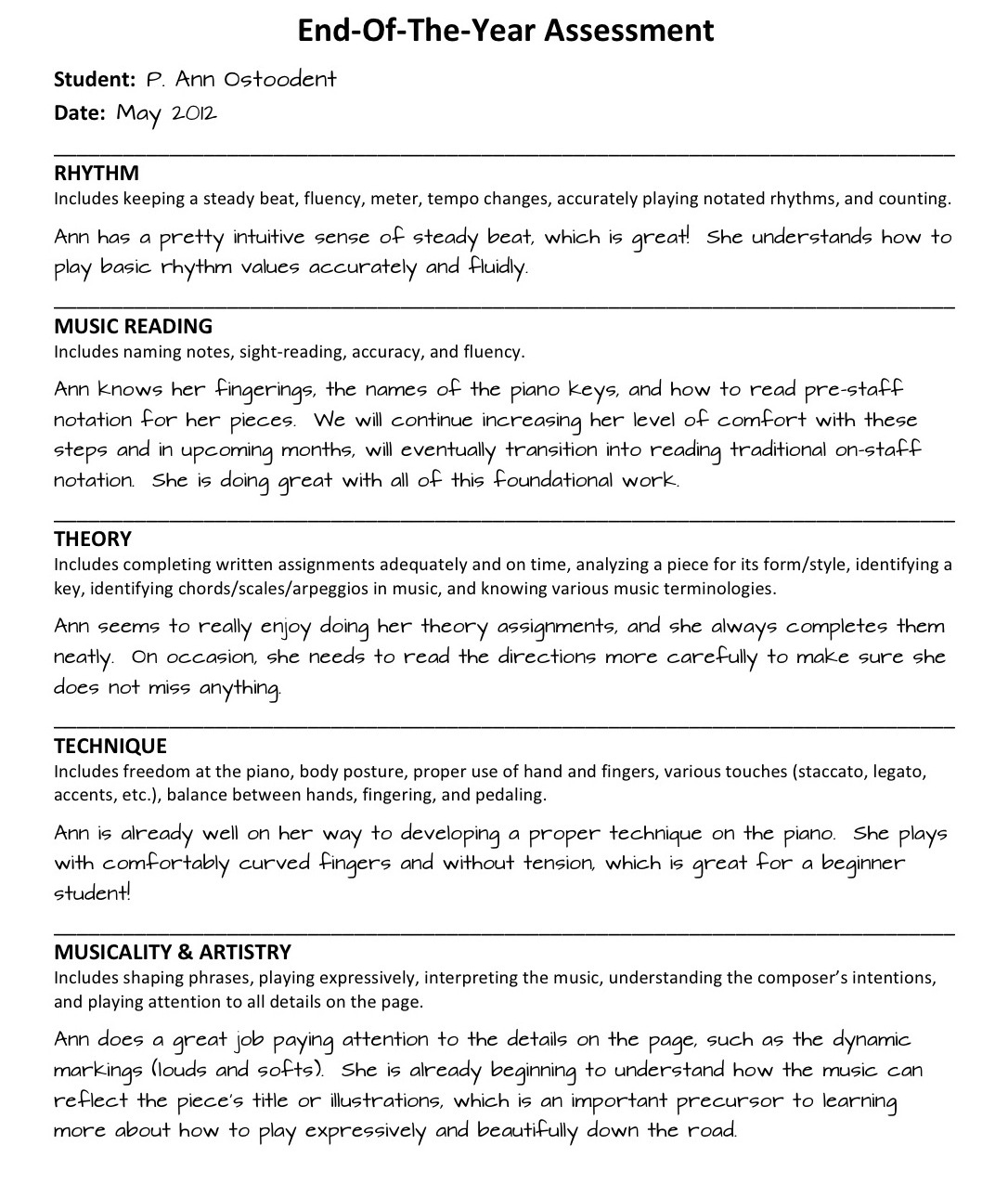
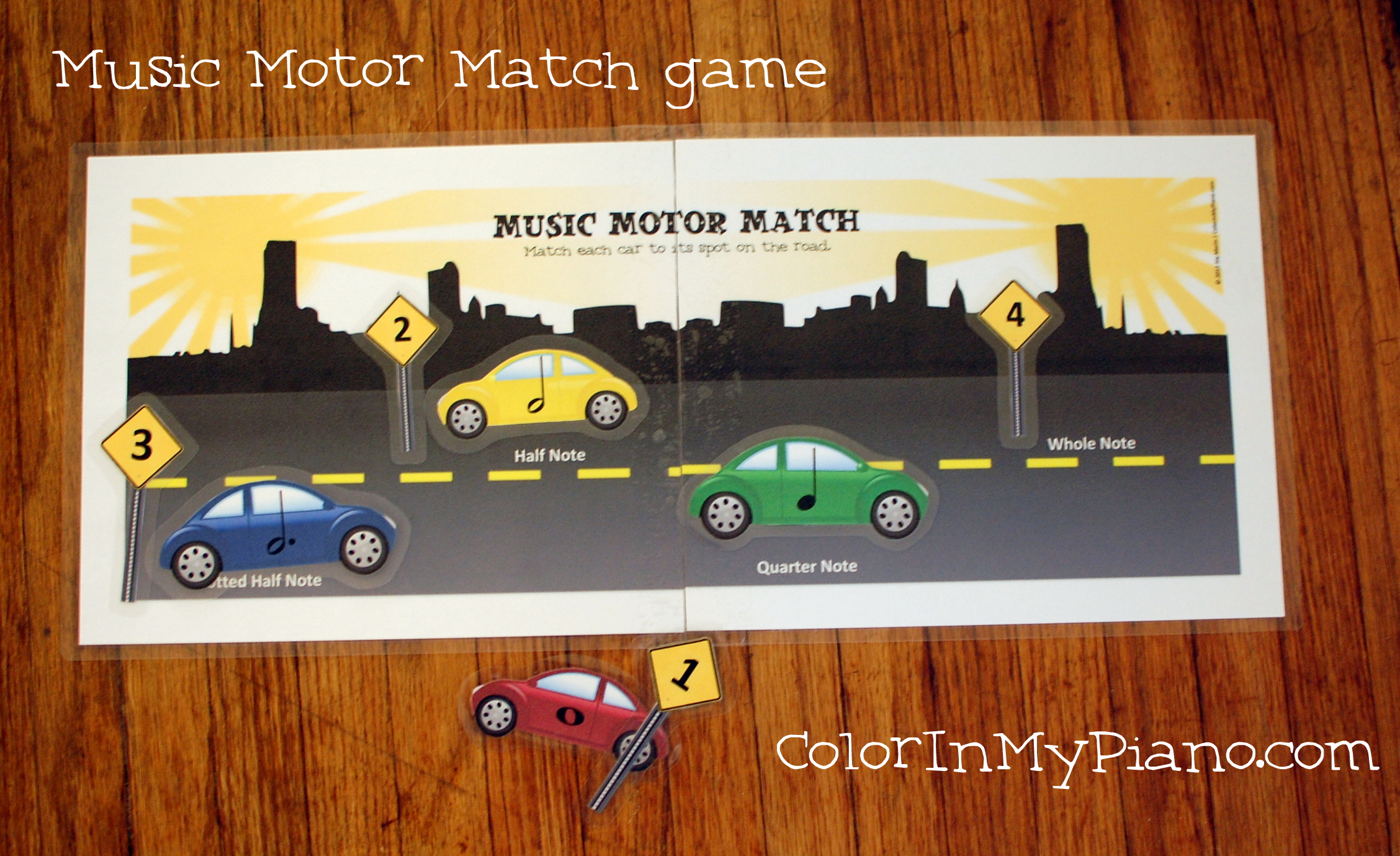
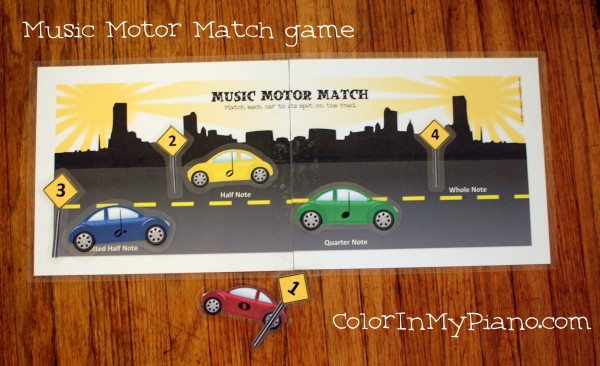
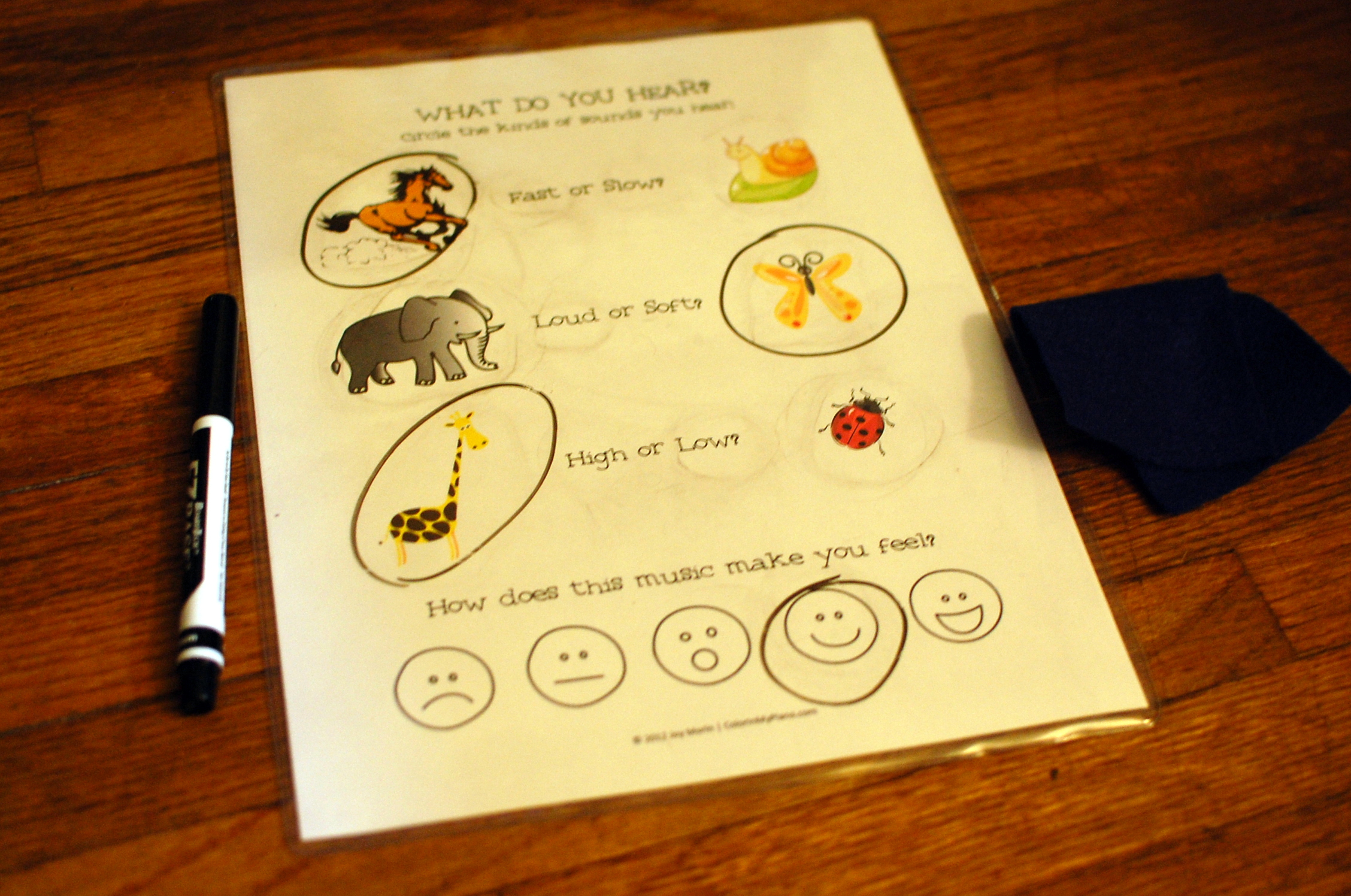
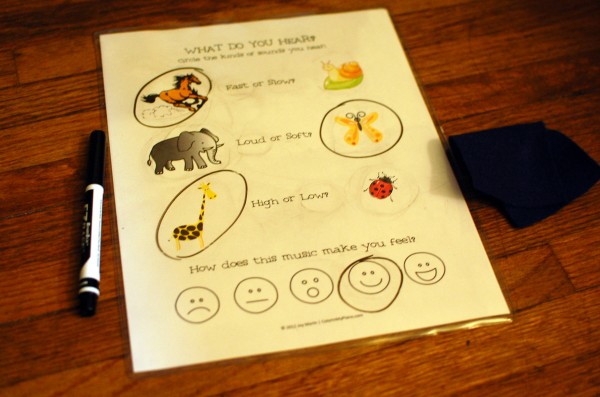
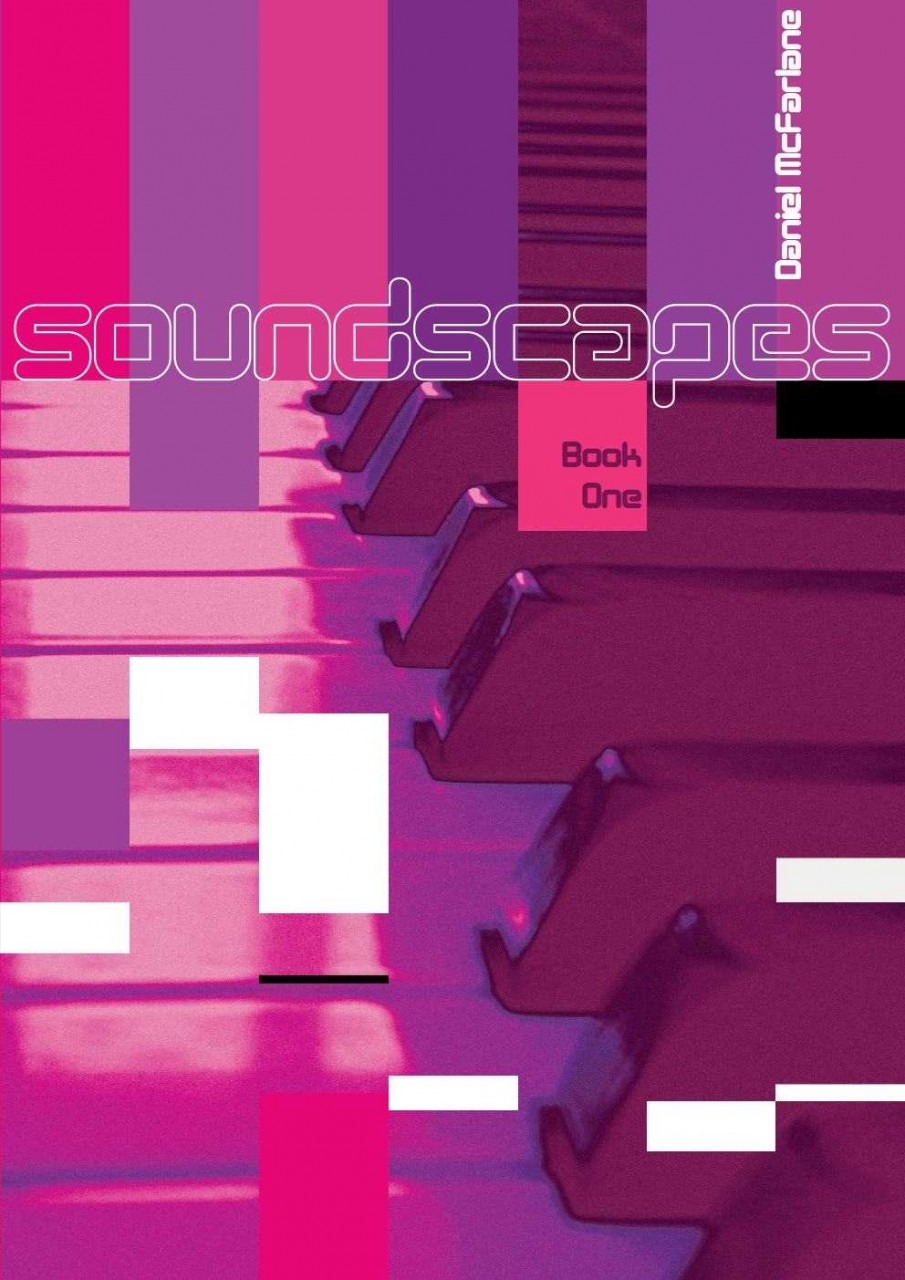
 Australian composer
Australian composer 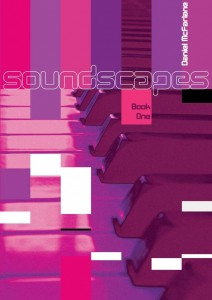 Soundscapes Book 1
Soundscapes Book 1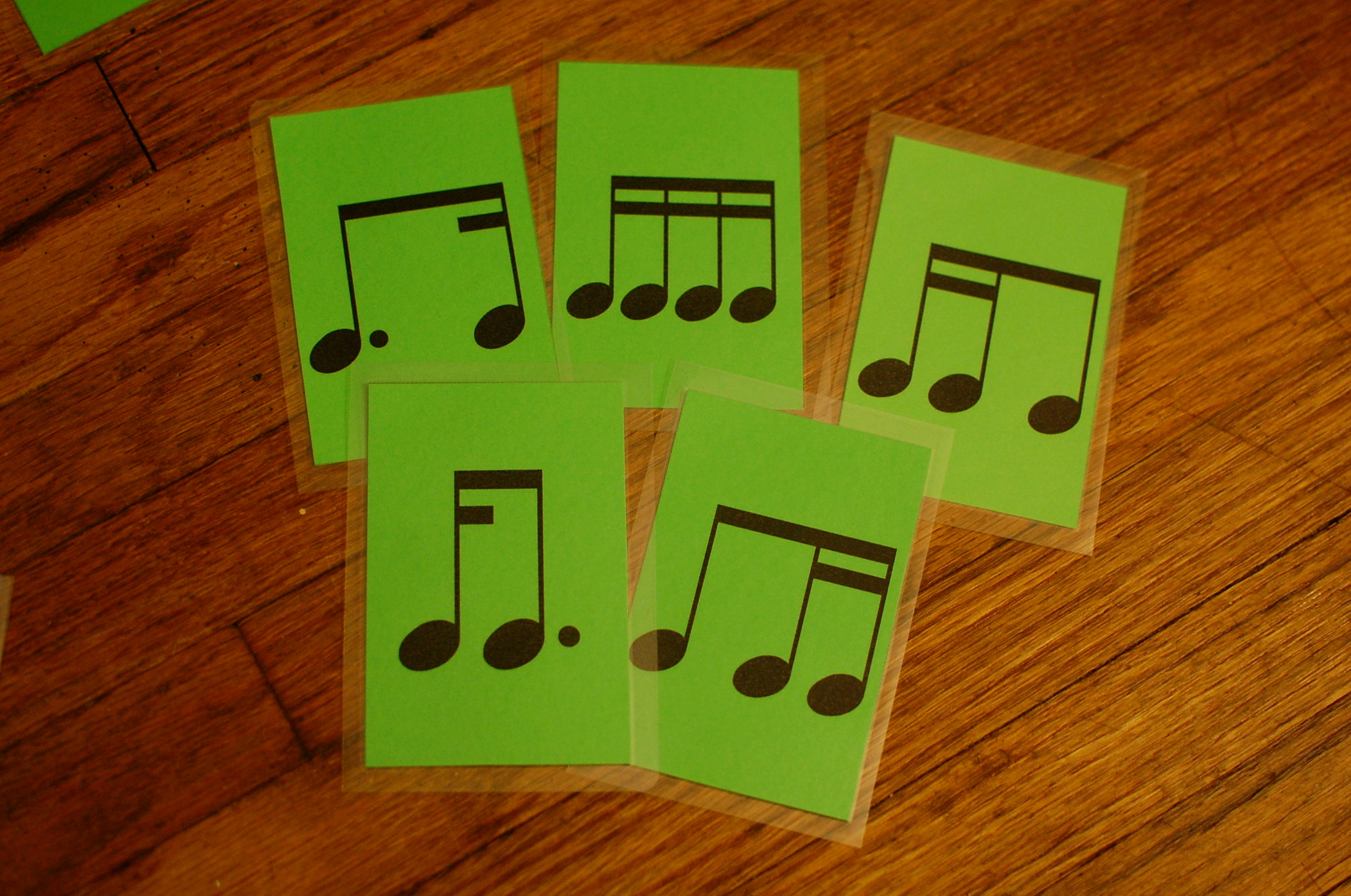
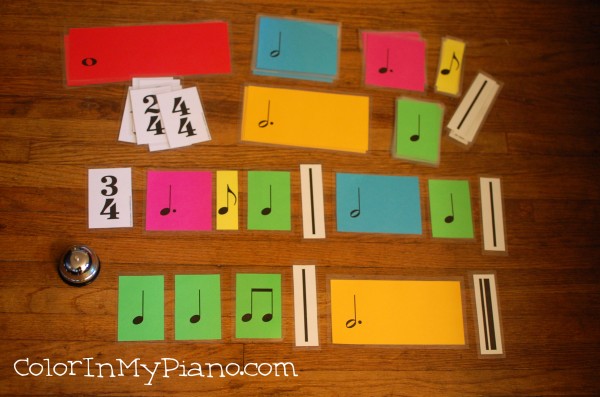
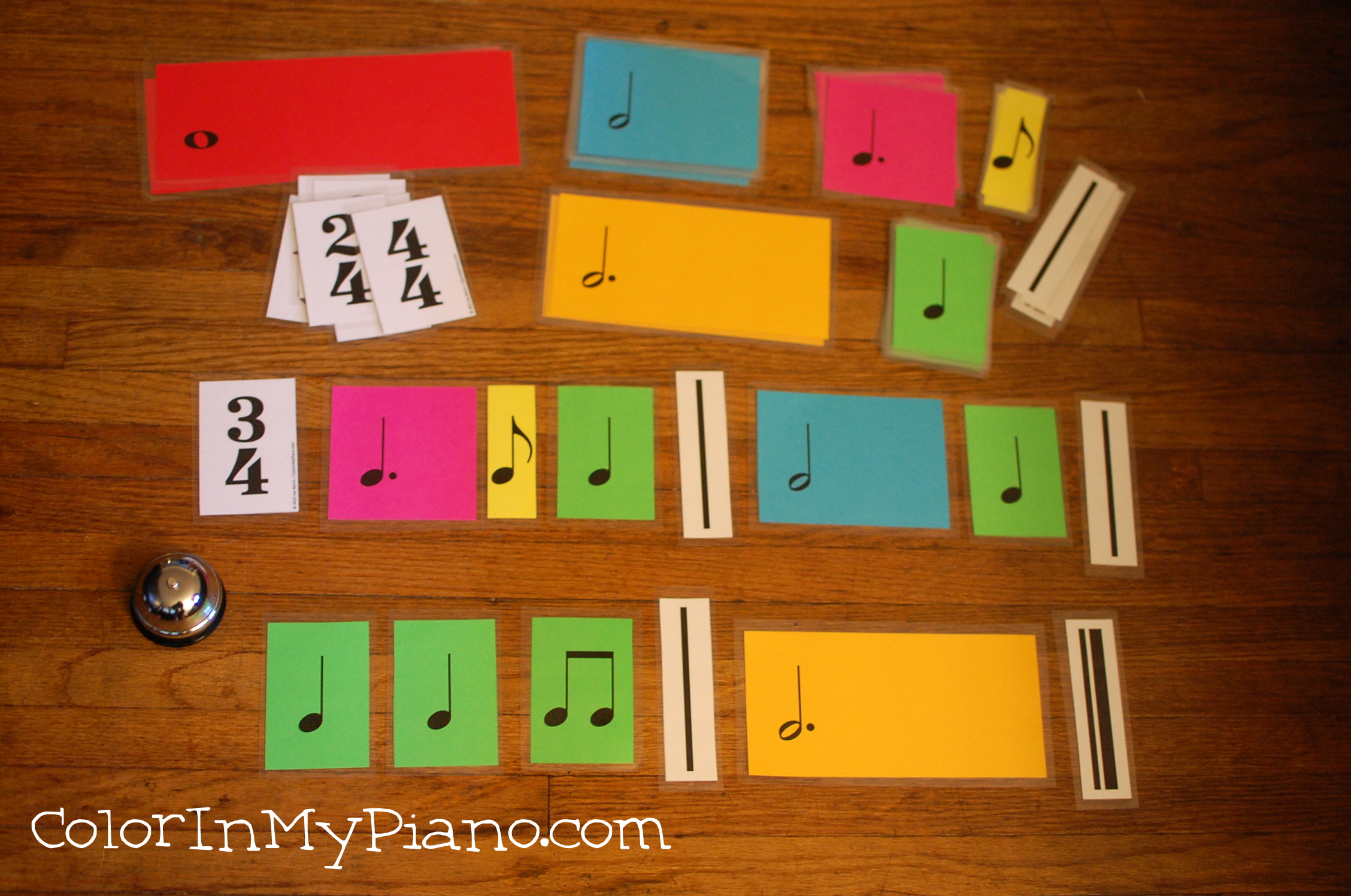
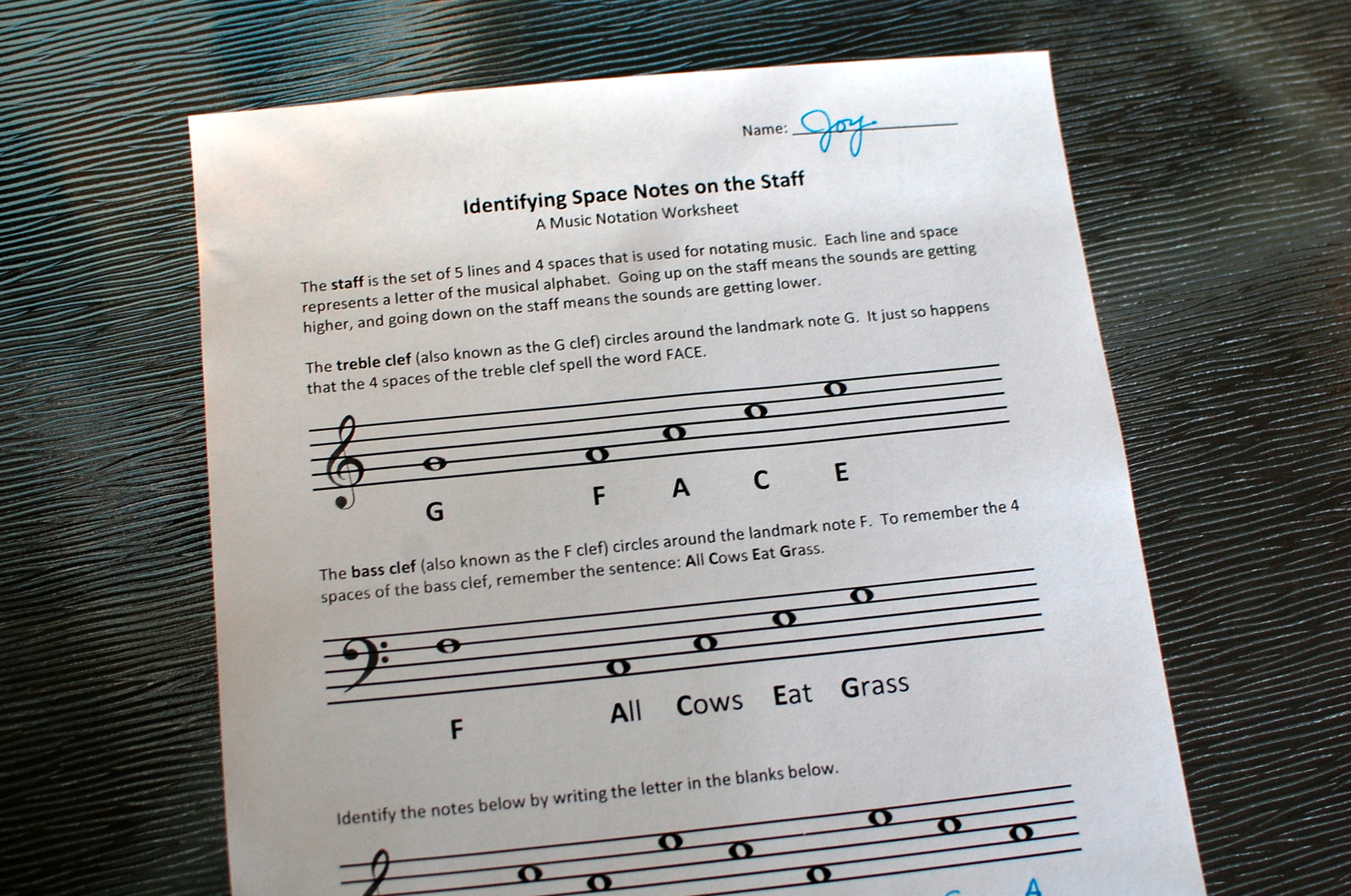
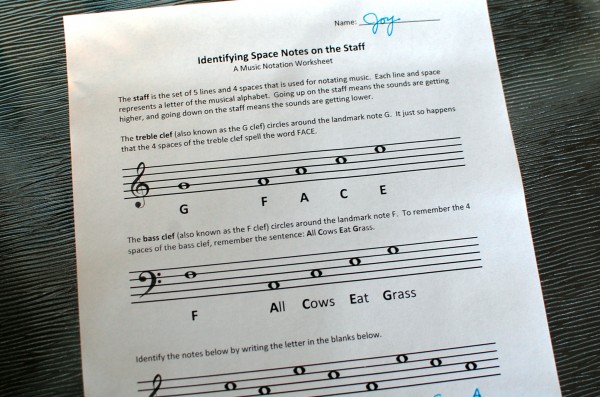


 The last Forum Q&A post was about assignment notebooks/pages for students. It was wonderful to read all the great responses!
The last Forum Q&A post was about assignment notebooks/pages for students. It was wonderful to read all the great responses!